Partners Bi-Monthly Meeting (online)

Internal meeting to update on tasks, assess WP challenges and brainstorm solutions

Internal meeting to update on tasks, assess WP challenges and brainstorm solutions

Facilitated by partner, the Centre for Ecological Research (CER) providing targeted internal training to project members on mechanistic modelling of microbiomes.

Internal meeting to update on tasks, assess WP challenges and brainstorm solutions

Facilitated by the University of Turku, to help partners reinforce their project obligations, strengthen relations across the consortium, bolster collaboration, and facilitate implementation of project insights and dissemination of results.
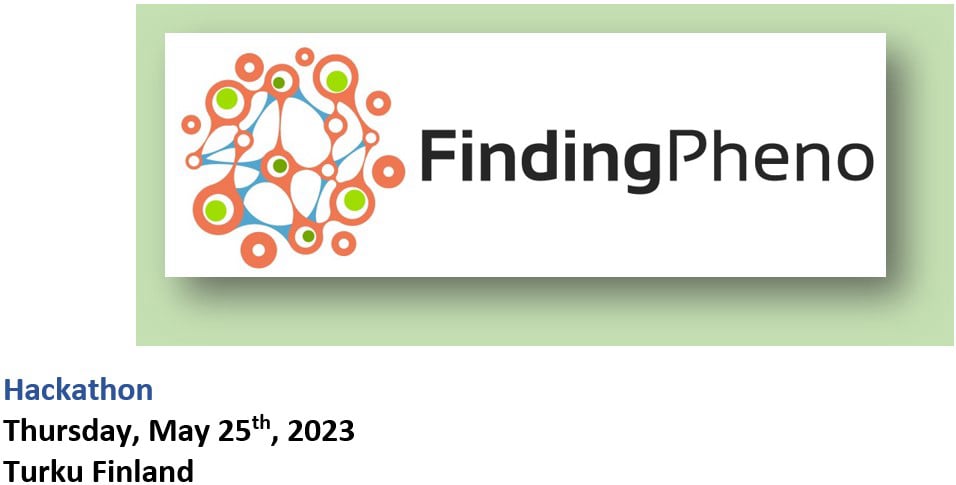
Facilitated by University of Turku, offering partners practical workshops to address microbiome research challenges and space to develop and nurture collaborations.

Internal meeting reviewing and assessing recent Annual Meeting, discussing action points unresolved during Annual Meeting and preparing Deliverable 8.3 - Second Minutes from Steering Committee for submission before start of summer.
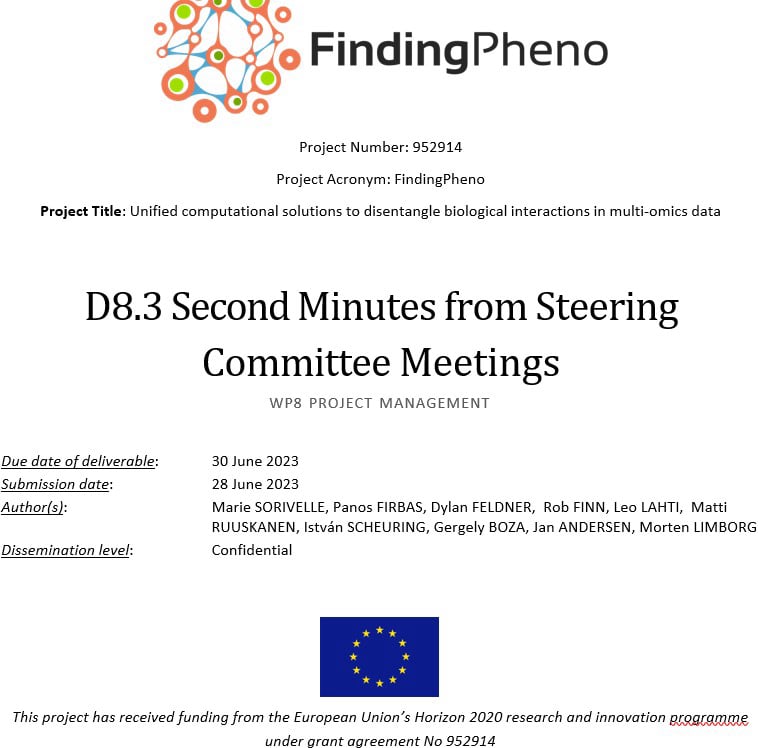
Formal minutes of the May 2023 Annual Meeting, Hackathon, Research Seminar and follow-up online Steering Committee Meeting summarizing discussions, challenges raised, solutions put forward, while showcasing ongoing interest and consortium engagement.
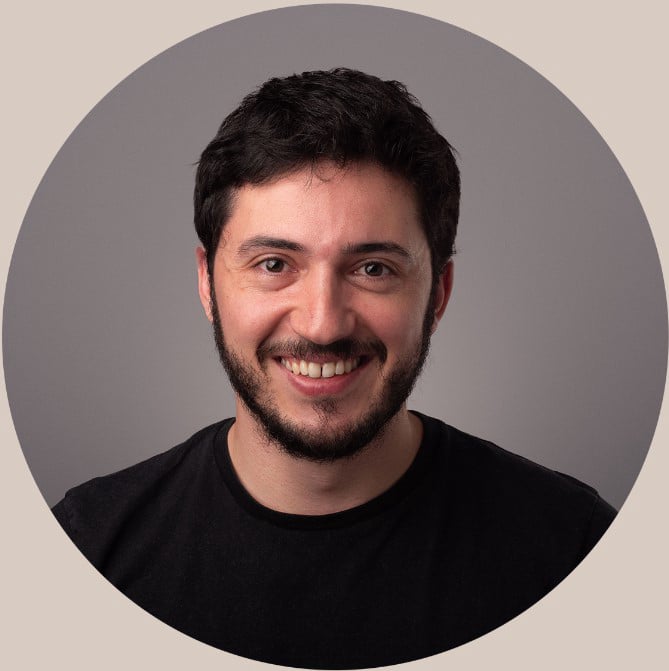
Facilitated by University of Copenhagen, where Dylan Feldner completed a one-month onsite secondment collaborating with the Department of Mathematical Sciences and the Center for Evolutionary Hologenomics in respect to WP 3 - Beyond GWAS: From pairwise associations to multiomics.
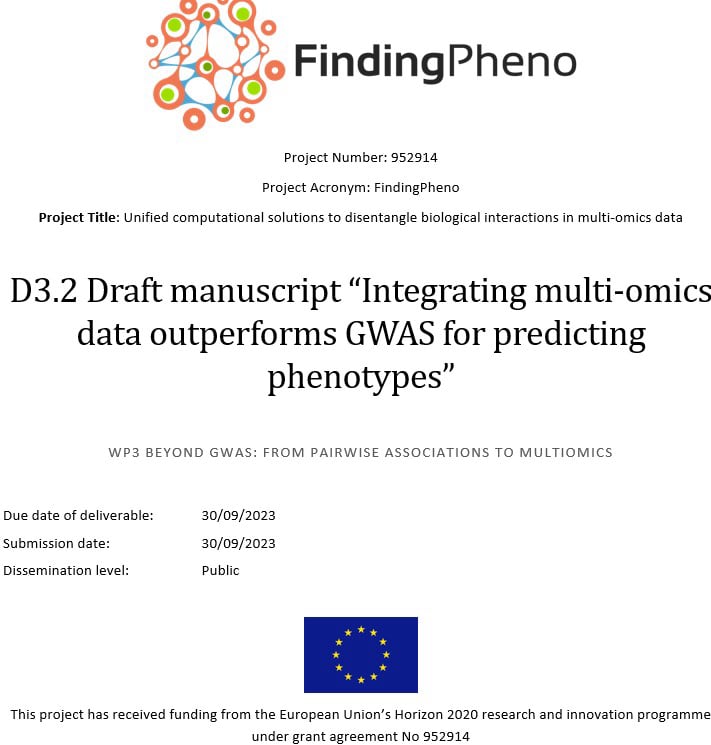
Deliverable led by FChampaliamaud where researchers investigate if multi-omics (GWAS, transcriptomics, metabolomics, and metagenomics) would outperform GWAS for phenotype prediction.
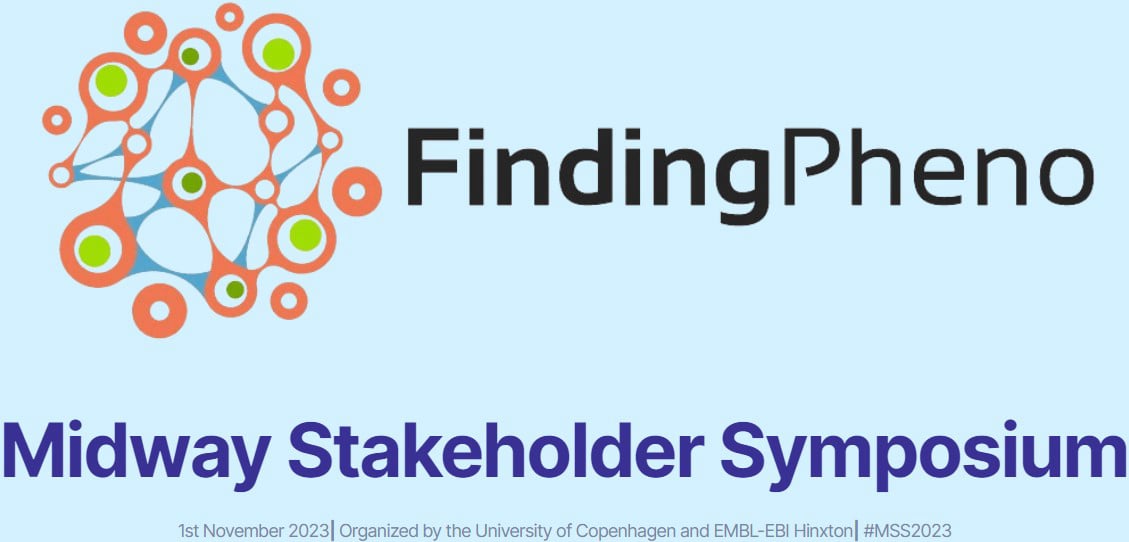
Sharing early project results with external microbiome researchers, exploring how other microbiome reseachers....

Tasks update, update from Project Officer, Communications Plenary discussions, Project Management plenary discussions on response to PO's update and workshop, break-out partner group talks.

Use Mobirise website building software to create multiple sites for commercial and non-profit projects.
29 February 2024
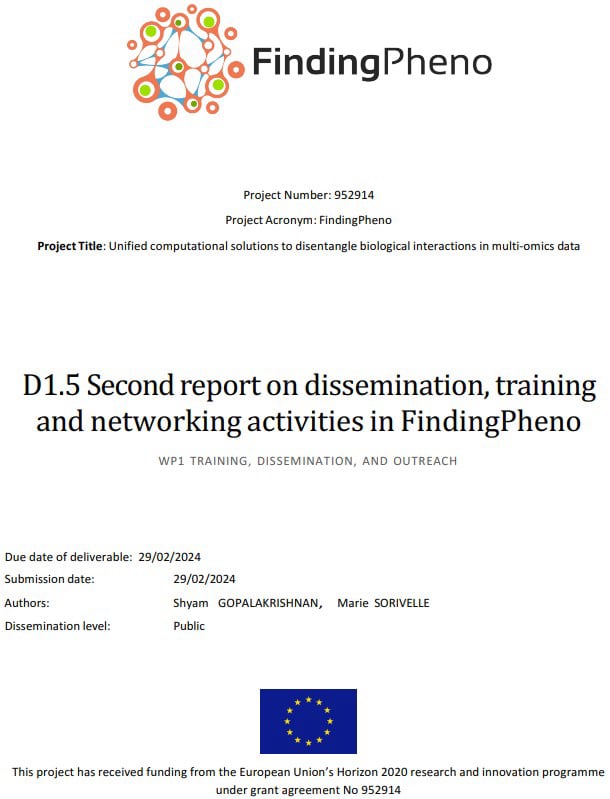
This report outlines and summarizes the dissemination, training, and networking activities carried out in the project during the second reporting period (M19-M36) and their impact. It builds on the strategic plan detailed in the Plan for Dissemination and Exploitation of Results (PDER, D1.1).
21 March 2024
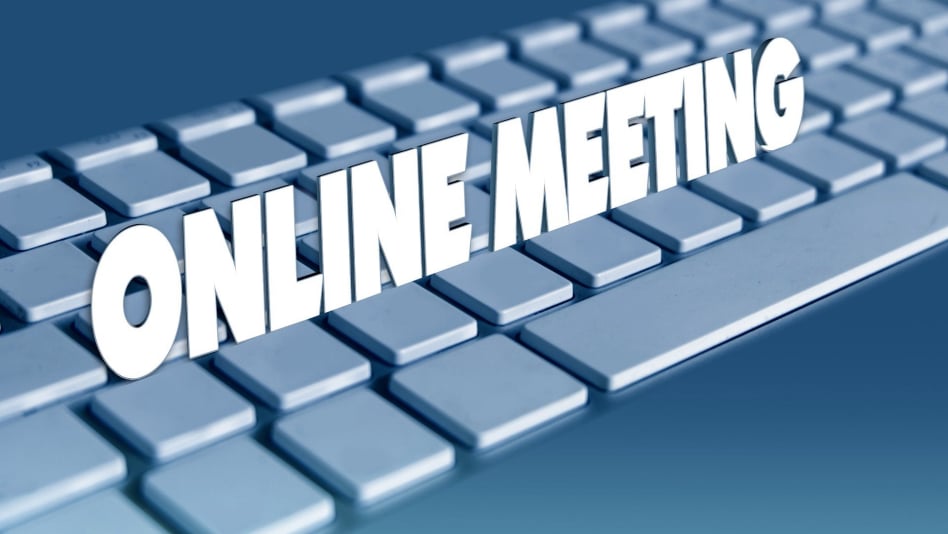
25 March 2024
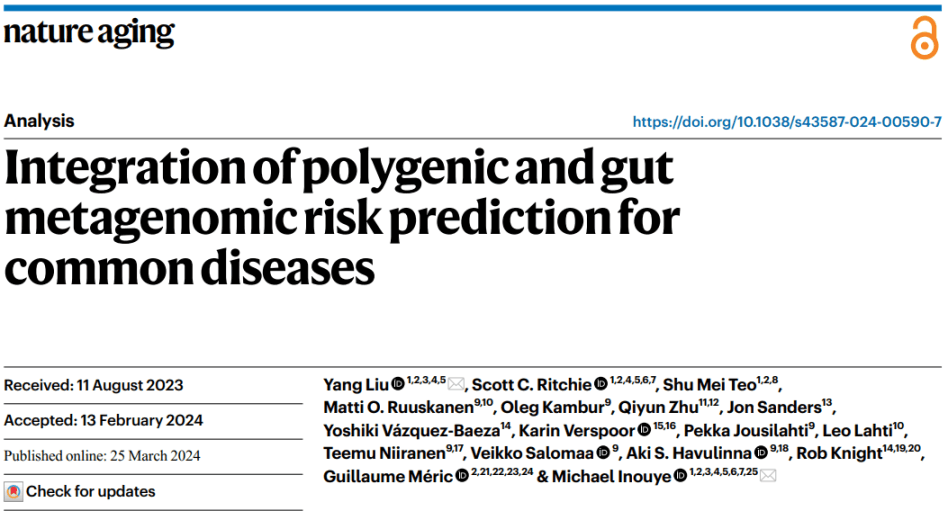
Liu, Y., Ritchie, S.C., Teo, S.M. et al. Integration of polygenic and gut metagenomic risk prediction for common diseases. Nat Aging 4, 584–594 (2024). https://doi.org/10.1038/s43587-024-00590-7
April 2024
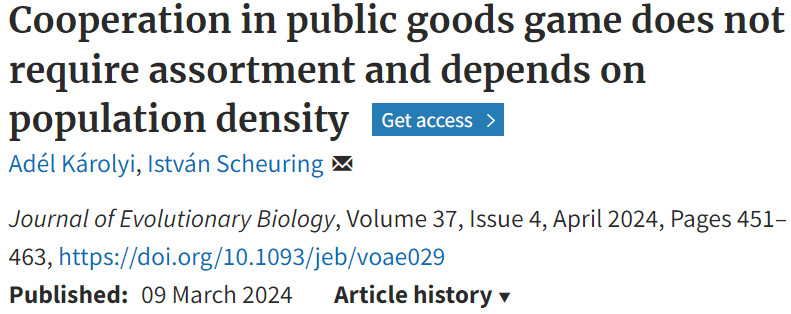
Adél Károlyi, István Scheuring, Cooperation in public goods game does not require assortment and depends on population density, Journal of Evolutionary Biology, Volume 37, Issue 4, April 2024, Pages 451–463, https://doi.org/10.1093/jeb/voae029
02 April 2024
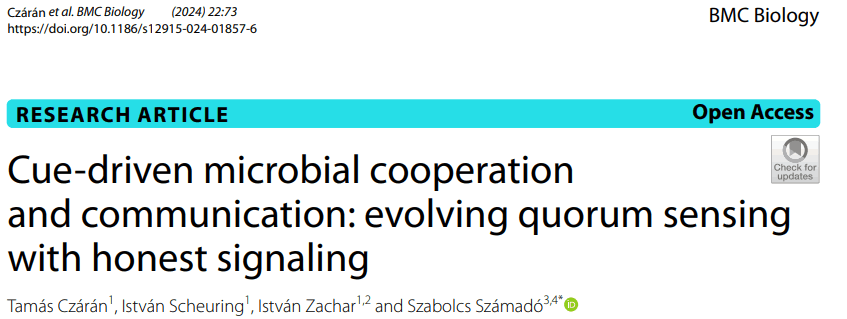
Czárán, T., Scheuring, I., Zachar, I. Szamado, S. Cue-driven microbial cooperation and communication:evolving quorum sensing with honest signaling. BMC Biol 22, 73 (2024). https://doi.org/10.1186/s12915-024-01857-6
24 April 2024
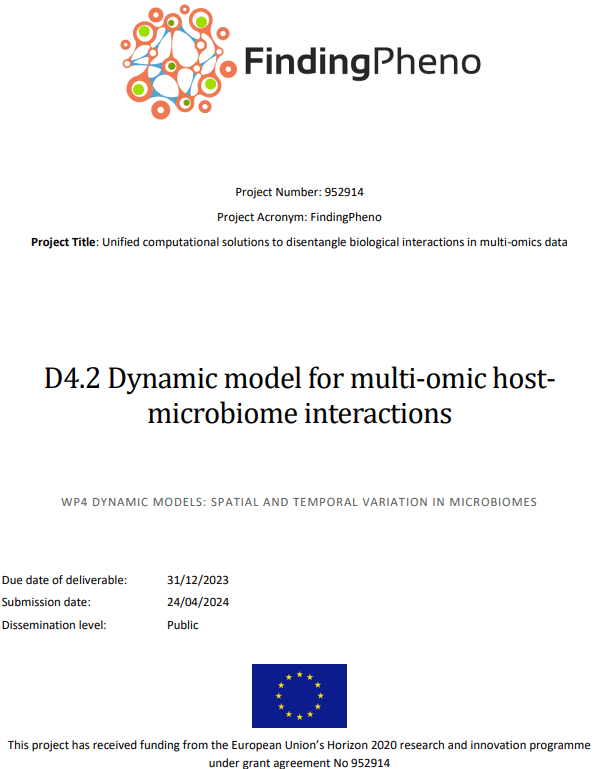
The deliverable is led by UTU and supported by CER.
It is designed to present a dynamic model for multi-omic host-microbiome interactions and summarizes the online resources implemented as part of the work in Task 4.1 to Task 4.3.
June 2024
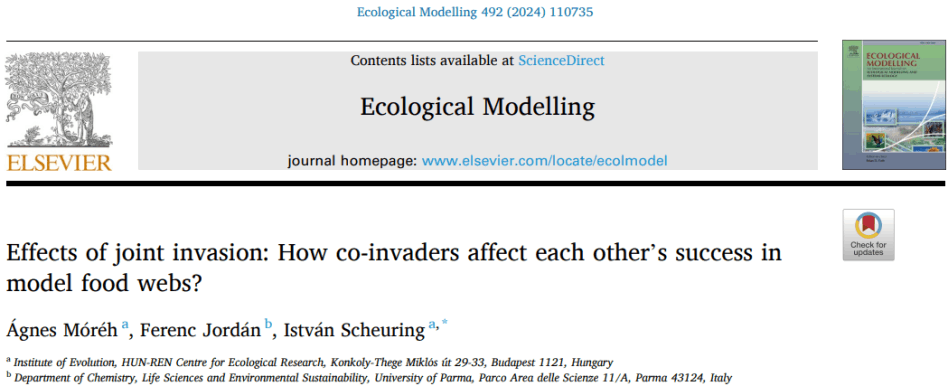
Ágnes Móréh, Ferenc Jordán, István Scheuring, Effects of joint invasion: How co-invaders affect each other's success in model food webs?, Ecological Modelling,
https://doi.org/10.1016/j.ecolmodel.2024.110735.
Keywords: Trophic interactions; Invasion success; Multiple invasions; Body size; Topological indices
June 2024
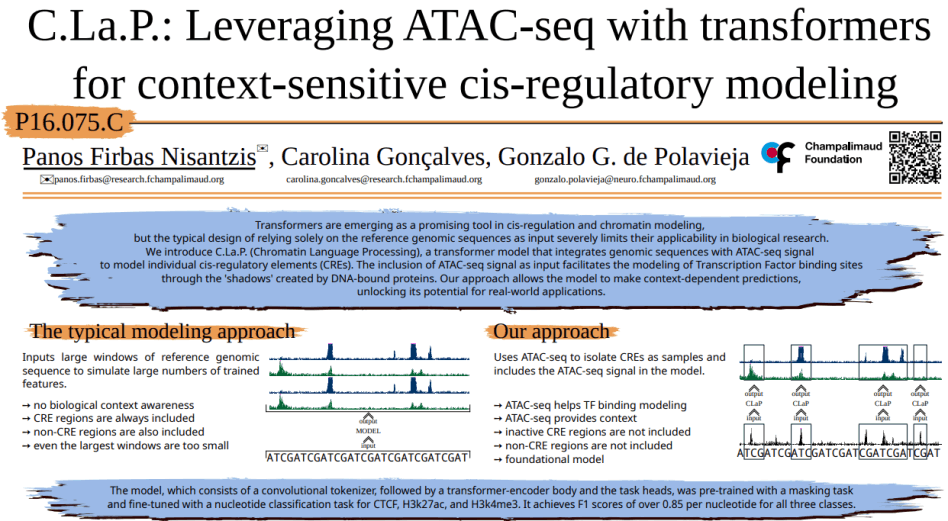
Poster presented by postdoc, Panos Firbas from FChampalimaud at the European Human Genetics Conference in Berlin.
05 July 2024
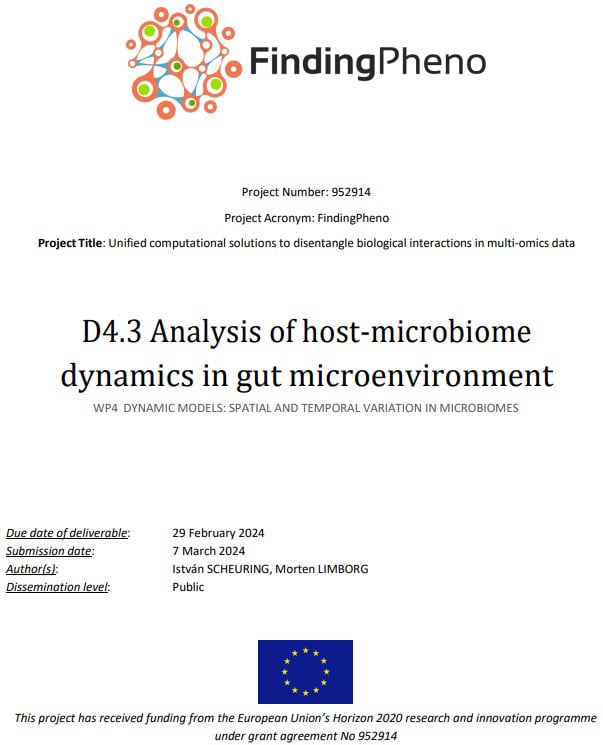
The intestinal microbiota of salmonids typically characterize by few dominating species. Healthy fish coexist with a mutualistic Mycoplasma sp. species, while stress allows the spread of pathogenic strains such as Aliivibrio sp. After a skin infection, the Mycoplasma does not recover; Aliivibrio sp. often remains the dominant species, or Mycoplasma-Aliivibrio coexistence was occasionally observed, which definitely decrease the growth rate of the fish.
Scheuring I, Rasmussen JA, Bozzi D, Limborg MT. A strategic model of a host-microbe-microbe system reveals the importance of a joint host-microbe immune response to combat stress-induced gut dysbiosis. Front Microbiol. 2022 Aug 4; doi: 10.3389/fmicb.2022.912806.
08-12 July 2024
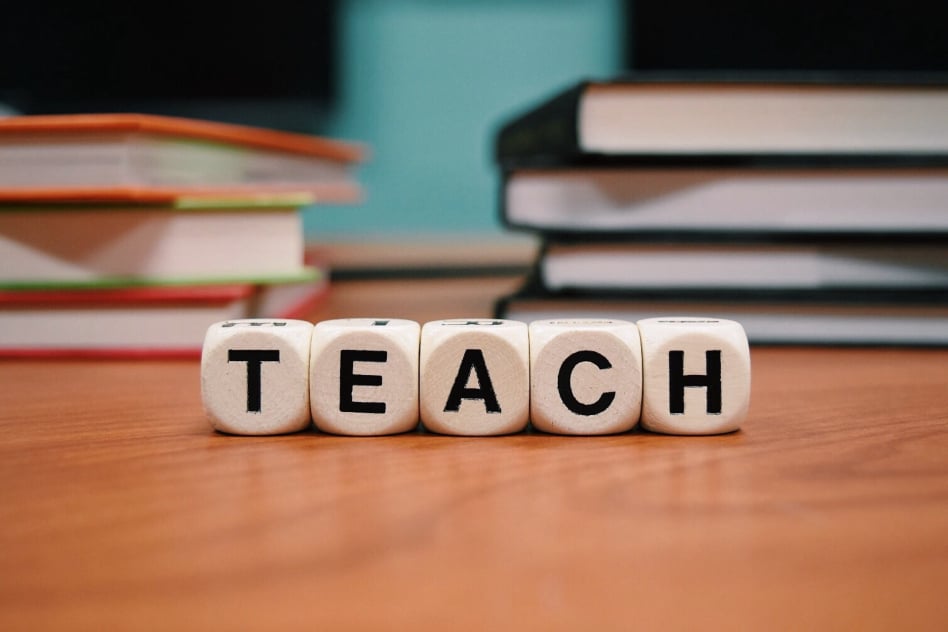
Intensive PhD-level training course facilitated by Leo Lahti from UTU, and held at Radboud University, Nijmegen.
09 July 2024
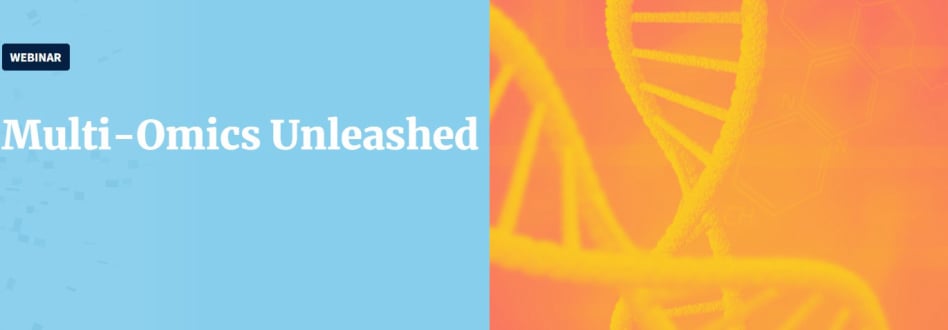
Facilitated online by project partner FChampalimaud. 'Multi-omics Unleashed: Webinar 3 -AI/ML - Driving Multi-omics Data Analysis to New Heights'.
12-14 July 2024
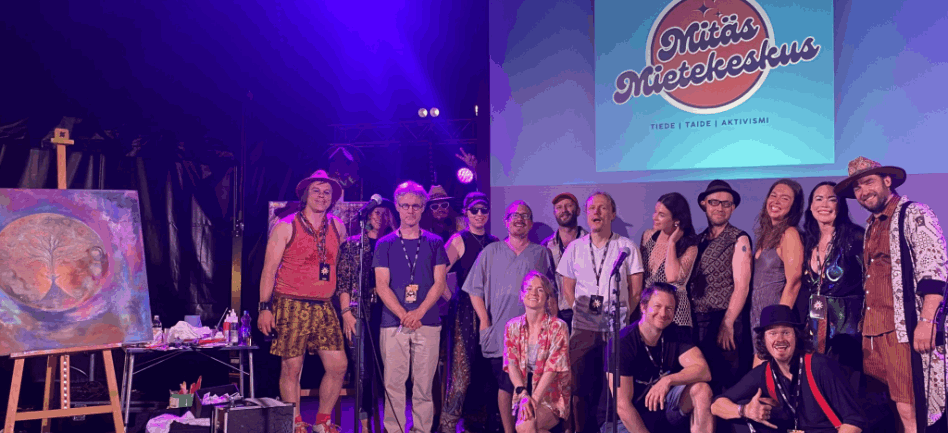
Mitäs Mitäs Mitäs!
Experimental arts festival in Urjala, Finland. Project partner, Leo Lahti was invited to the science event with over 2000 festival-goers, and where he used the opportunity to speak about FindingPheno results.
13-15 August 2024

An annual training and networking event for microbiome researchers from Nordic countries with topics on metagenomic assembly, data integration, antibiotic resistance mapping, and industry insights, along with participant talks, posters, and networking.
The event is designed for intermediate/advanced researchers with basic microbiome data analysis skills and facilitated by FindingPheno project partner, UTU.
18-23 August 2024
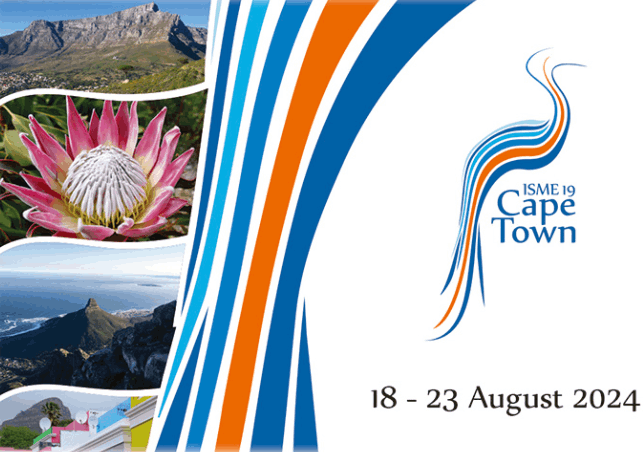
International Symposium on Microbial Ecology (ISME) was held in Cape Town, South Africa and attended by several project partners, many of whom gave talks and/or presented posters including:
- Morten Limborg, University of Copenhagen, speaking in the 'Animal Microbes' session
- Rob Finn, EMBL-EBI, speaking in the 'New Microbial Physiologies and Metabolic Capacities' session
- Leo Lahti, University of Turku, who along with his early career researchers gave 1 talk, facilitated 3 presentations and 4 posters.
06 September 2024
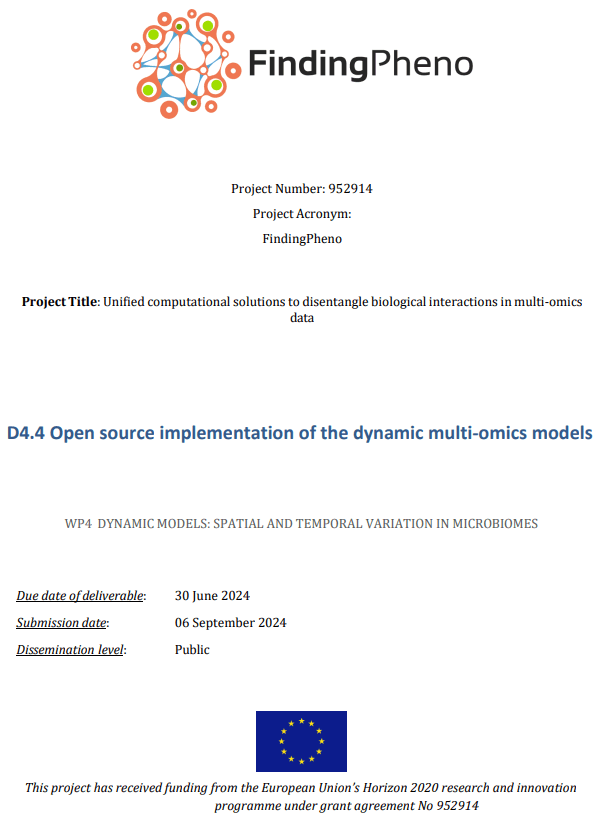
16 September 2024
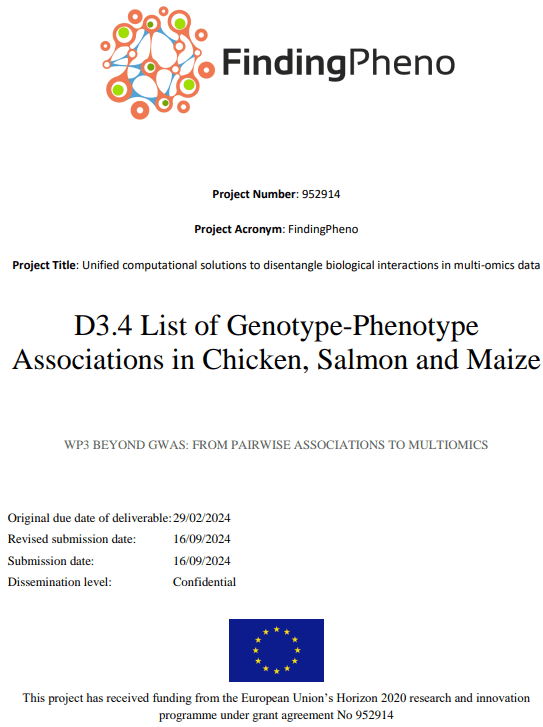
There are many different ways to generate genotype-phenotype relationships. Among the simplest is to treat each genotype-phenotype pair as a pair of isolated vectors and calculate their statistical relationship. Even then, there are options such as which type of statistical association to calculate and how to adapt the technique to different experimental conditions. We used this approach, but we also looked wider and used an approach which considers the dataset more holistically (attribution method) and the research field more broadly (KGE method).
16-20 September 2024
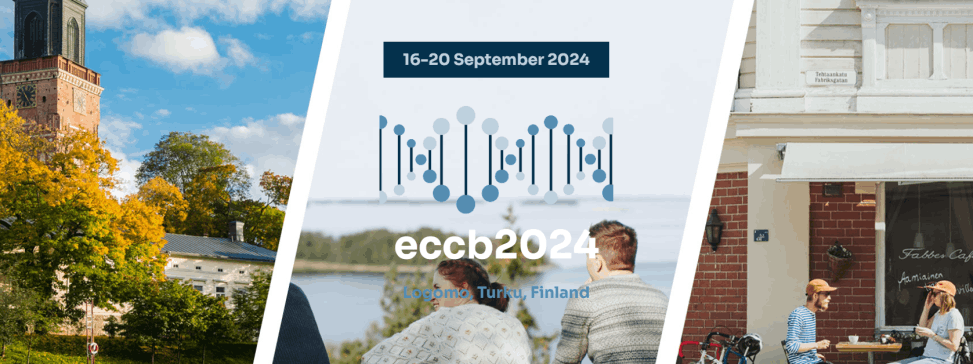
The 23rd European Conference on Computational Biology (ECCB) hosted by the University of Turku and CSC – IT Center for Science was held in Turku, Finland.
Project partner, Leo Lahti and his early career researchers conducted tutorials in:
- 'Orchestrating Microbiome Analysis with Bioconductor', which introduced the latest advances in Bioconductor tools and data structures supporting microbiome analysis.
24 September 2024

Harnessing the Power of Data Integration for Breakthroughs in Biotechnology presenting FindingPheno project results, the consortium's innovative approaches as well as results in multi-omics data integration and phenotypic prediction.
24-25 September 2024
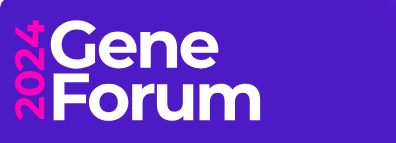
Project partner, UTU presented a poster during the Gene Forum event.
25 September 2024

26 September 2024

This is a timeline block. Click on the blue gear icon to set the number of items in this timeline. You don't have to code to create your own site. Select one of available themes in the Mobirise sitebuilder.
23 April 2025

This is a timeline block. Click on the blue gear icon to set the number of items in this timeline. All sites you create with the Mobirise web builder are mobile-friendly natively. No special actions required.
23 April 2025

This is a timeline block. Click on the blue gear icon to set the number of items in this timeline. Select the theme that suits you. Each theme in the Mobirise site builder contains a set of unique blocks.
23 April 2025

This is a timeline block. Click on the blue gear icon to set the number of items in this timeline. Use Mobirise website building software to create multiple sites for commercial and non-profit projects.
23 April 2025
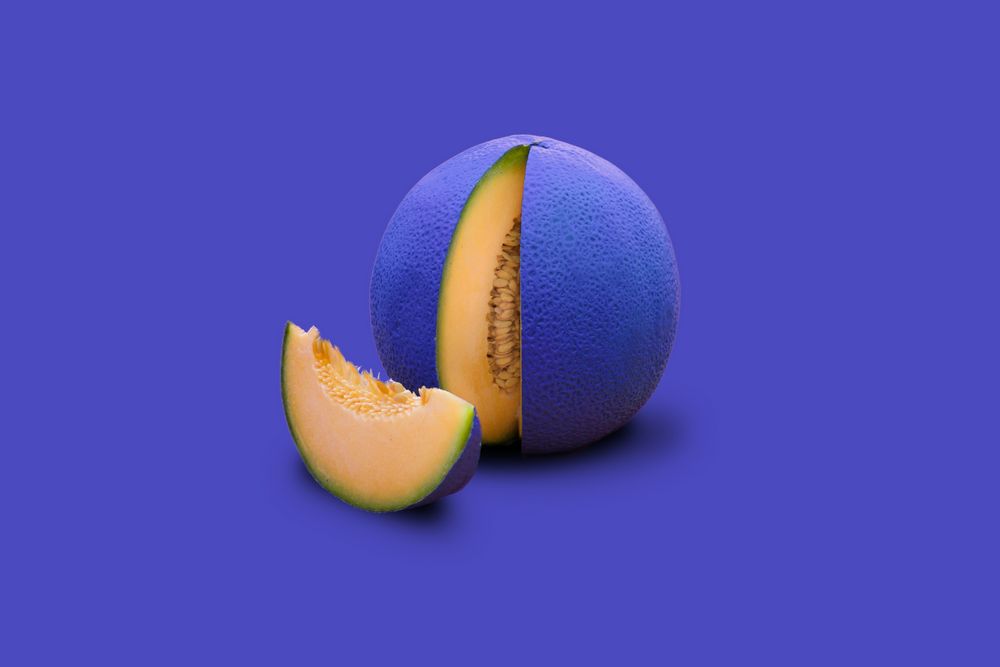
This is a timeline block. Click on the blue gear icon to set the number of items in this timeline. You don't have to code to create your own site. Select one of available themes in the Mobirise sitebuilder.
23 April 2025
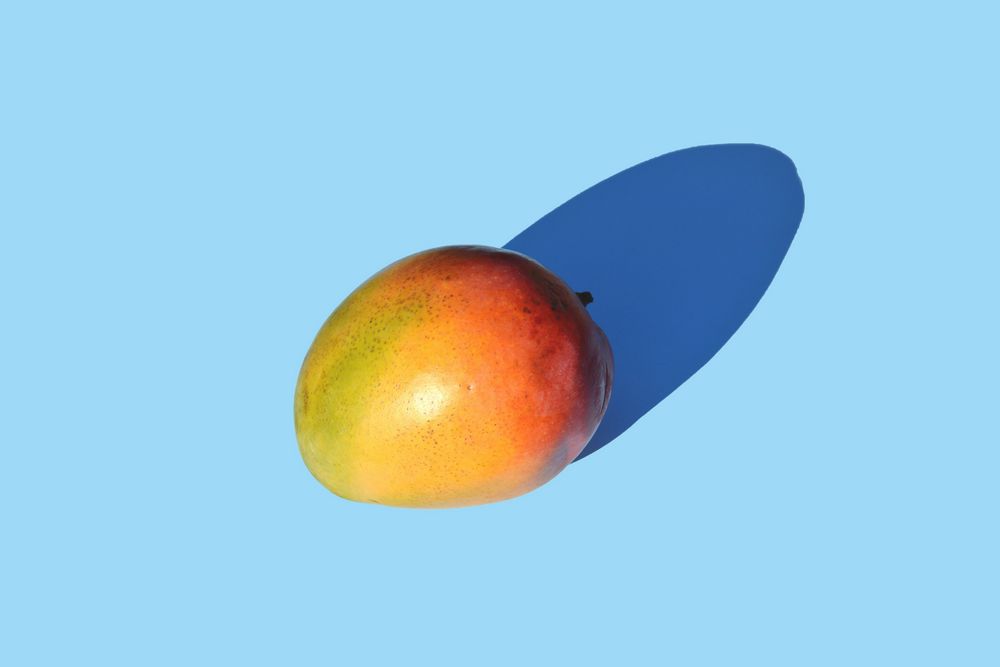
This is a timeline block. Click on the blue gear icon to set the number of items in this timeline. All sites you create with the Mobirise web builder are mobile-friendly natively. No special actions required.
23 April 2025

This is a timeline block. Click on the blue gear icon to set the number of items in this timeline. Select the theme that suits you. Each theme in the Mobirise site builder contains a set of unique blocks.
23 April 2025

This is a timeline block. Click on the blue gear icon to set the number of items in this timeline. You don't have to code to create your own site. Select one of available themes in the Mobirise sitebuilder.
23 April 2025

This is a timeline block. Click on the blue gear icon to set the number of items in this timeline. All sites you create with the Mobirise web builder are mobile-friendly natively. No special actions required.
23 April 2025

This is a timeline block. Click on the blue gear icon to set the number of items in this timeline. Select the theme that suits you. Each theme in the Mobirise site builder contains a set of unique blocks.